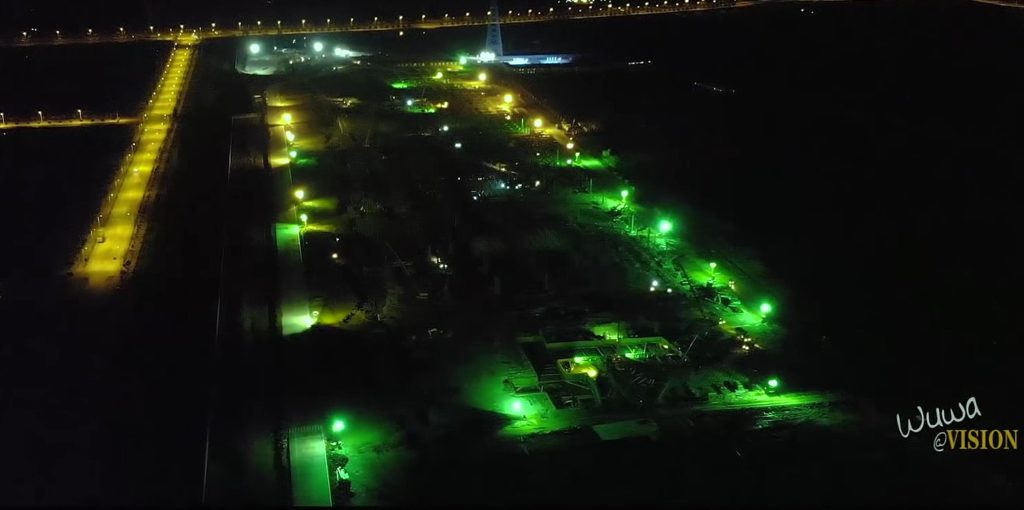Tesla President of Automotive Jerome Guillen and Shanghai Deputy Mayor Wu Qing held a meeting on Tuesday, where they discussed the progress of Gigafactory 3’s buildout in the Shanghai Lingang Industrial Zone. The Tesla executive and Chinese official shared in-depth updates on the project, including an estimated timeframe for the installation of the facility’s vehicle production lines.
Local news agency Laoyaoba, which covered the meeting, pointed out that the installation of vehicle production equipment could start as early as May, when the initial stages of the facility are expected to be completed. This represents a notable accomplishment for both the electric car maker and its construction partner, considering that Gigafactory 3 is one of the most ambitious foreign-owned projects that have been attempted in China.
Based on this recent update, it appears that Tesla intends to start the installation of production equipment in Gigafactory 3 while other areas of the 864,885-square meter site are still under construction. This is a bold and risky move on Tesla’s part, but if the electric car maker pulls it off, such a strategy will likely help the company meet its goal of starting Model 3 production in Gigafactory 3 by the end of 2019.
Guillen and Wu also discussed the recent milestones of the project. Construction work in Gigafactory 3 started back in January, and since then, the first phase of the buildout has been moving along very well. Pile foundation structures have been completed, and the steel structure construction of the factory has begun. Multiple sets of steel roof grids have also been completed.
Gigafactory 3 is under an incredibly ambitious timeline. During the groundbreaking ceremony of the facility, Elon Musk noted that he expects the factory to be completed around summer. This timeframe was mocked by Tesla’s skeptics, many of whom claimed that such a target was impossible. This was until Shanghai official Chen Mingbo stated that Gigafactory 3 was on track to be completed by May, a date even more ambitious than Musk’s estimate.

Part of the reason behind Gigafactory 3’s rapid progress is the support that Tesla enjoys from the Chinese government. Tesla’s presence in China is beneficial to the country, which is aggressively pushing for the adoption of electric vehicles. In a statement to Xinhua News, Cui Dongshu, secretary general of the China Passenger Car Association, noted that Tesla’s China production will have a “catfish effect” in the country’s auto industry, pushing domestic carmakers to expedite and improve their own electric vehicles to compete with the Silicon Valley-based electric car maker.
China’s support for Tesla was evident during Musk’s visit to the country. When Musk met with Chinese Premier Li Keqiang in Beijing, the CEO was received at the Tower of Violet Light, a place that is usually reserved for dignitaries. Li also proved receptive to Musk’s ambitious ideas, even offering the CEO a “Chinese Green Card” so that he can pursue his vision in the country freely.

<!–
–>
